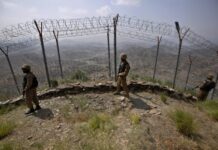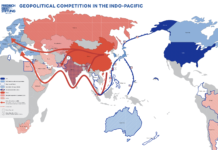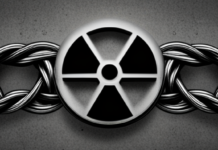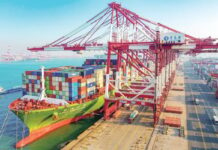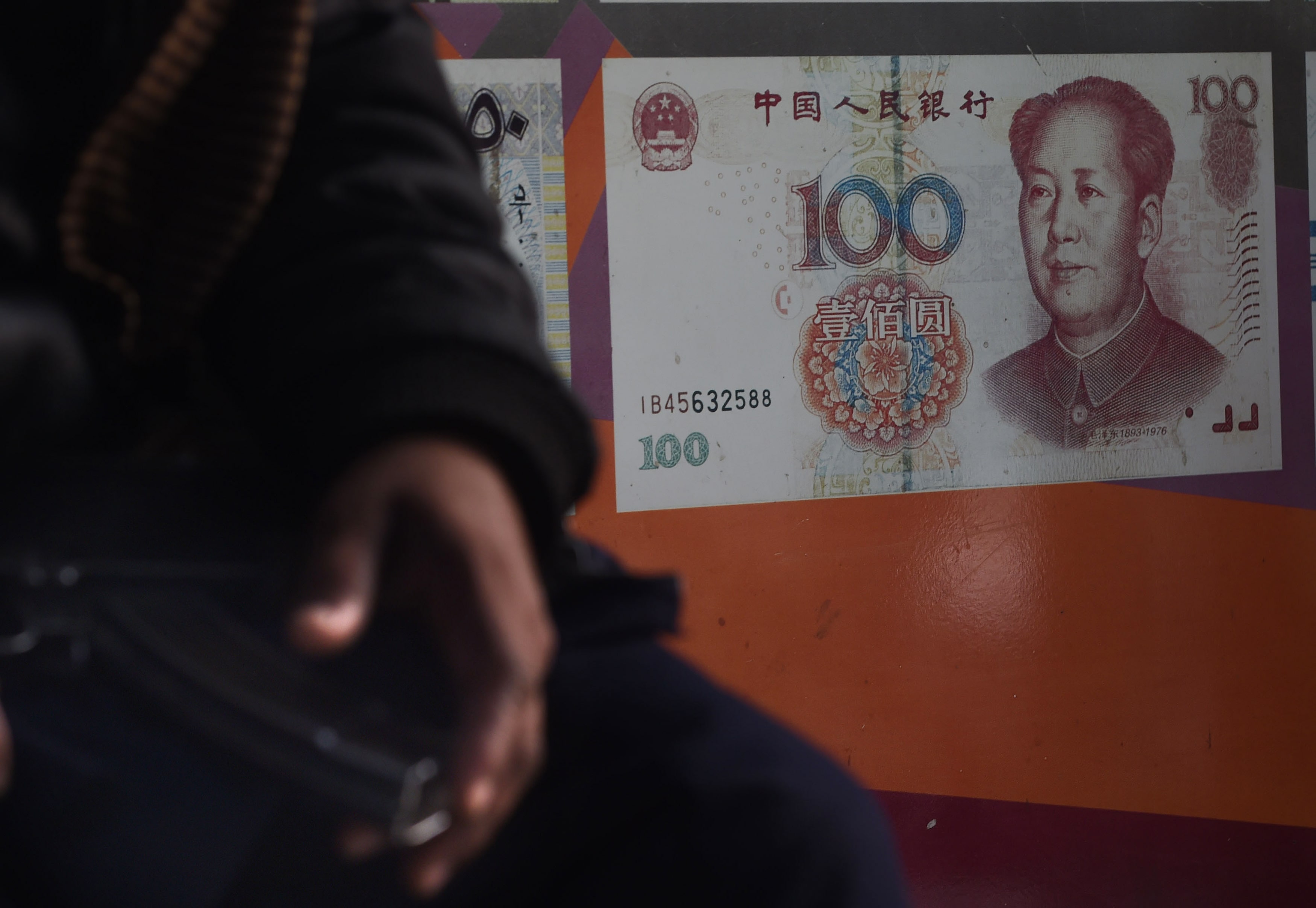Eram Ashraf
The China Pakistan Economic Corridor is now approaching the end of its first phase, with many projects involving infrastructure and energy needs near completion. Talks have already begun about agricultural projects and Special Economic Zones (SEZs). According to a Pakistan-China Institute report, increased economic activity under CPEC should have a positive outcome for trade and commerce in Pakistan. It is at this stage that one would expect to find excitement amongst the Pakistani business community about trade opportunities with their larger neighbour. However, that was not the case with a segment of businessmen in Karachi, engaged in various sectors such as manufacturing, retail and services. While there is talk about dealing with negative reporting on CPEC in media, Chinese academics such as Rong Ying, Vice President of the China Institute of International Studies, have spoken about the need to bring forward issues and challenges related to CPEC. These findings are based on the opinion of a few select businessmen from Karachi and are not a reflection of the opinion of the entire business community in Karachi, let alone Pakistan. Nevertheless, their perception of CPEC and the opportunities it can bring for businesses in Karachi can help provide an important window into issues which may affect CPEC’s win-win strategy.
Karachi is a mega city with a population of over 14 million. The city is considered Pakistan’s financial and business hub and its ports serve not only Pakistan but other countries in the region as well. As the financial hub of Pakistan, Karachi plays an essential role in Pakistan’s economic growth therefore, it matters what local businesses say about CPEC. As part of a research survey, the individuals I spoke to were owners of small to medium size companies in Karachi who were actively trading with international businesses, including those from China. Some of them dealt with Chinese companies in Pakistan providing certain services while others traded with Chinese companies based in China, often travelling there for business. Their perception of CPEC was not only influenced by media reports but also by interaction with Chinese companies and individuals from China. According to some businessmen, since Chinese businesses work within Chinese laws, they prefer hiring Chinese companies whom they believe are well versed in those laws instead of Pakistani companies. It does not mean business with Chinese companies is not possible but that it would take time for markets and traders, both in Pakistan and China, to learn about each other and their way of working. Given that Pakistani traders were known to engage in ‘suitcase trade’ before CPEC, trade with bigger and more established firms that abide by laws would be problematic to get used to however not discouraging.
Another issue relates to language and lack of cultural understanding. A manufacturer who often went to China to purchase materials and felt restricted due to language compatibility underscored the importance of language and cultural affinity which is absent between the business community of the two countries. Not knowing Mandarin or Putonghua can be a huge barrier in conducting business in China. Most of the middle-class businessmen in Pakistan, either cannot afford to hire Chinese speaking employees or do not think it is necessary for the outreach of their business. As a result, their business suffers from availing opportunities inside China due to limited or no working language proficiency. Even though they trade and do business with western companies with minimum language barriers, working in China will require going the extra mile of learning the language when the opportunities come calling as CPEC matures.
Several studies reveal that three markets, UK, US and the EU, absorb approx. 64 percent of Pakistan’s total exports in goods and services. This is a huge chunk of Pakistan’s trade. Trying to break into a new market like China, where language and trade culture is different to what Pakistani companies are generally used to, can prove to be a challenge.
There is also a lot of talk about the Karachi-Lahore business divide over CPEC as well whereby some believe Lahore is benefitting more than Karachi. Although some of their peers had either moved shop or set up businesses in other parts of Pakistan to take advantage of CPEC, these Karachi businessmen did not appear resentful. To some, the move was not worth the effort to change cities for.
An interesting point raised by nearly all of the businessmen surveyed for this research project was the missing socio-economic impact of Chinese workers living in Karachi for various CPEC projects. The argument that these Chinese workers ‘even’ brought groceries with them from China and therefore did not contribute to Karachi’s economy, was presented as a fact without any evidence or personal experience. These unsupported claims stem from fake media reports rather than any personal experience. Since more Chinese workers will arrive as CPEC projects develop, this false perception among local Karachi businessmen and others needs to be corrected before it takes root and creates distance instead of affinity.
Professor Dr. Jia Yu, while speaking at CPEC 2018 Summit earlier this year, stated that CPEC should not be considered a gift and that Pakistan should not take it for granted. Both public and private sector investors need to take ownership of CPEC. While there is a need for the government of Pakistan to attract private investors in China to invest in Pakistan, private investors in Pakistan also need to find investment opportunities in China. The businessmen surveyed did not speak about the security situation in Karachi. Similarly, they were not enthusiastic about improved energy provisions or infrastructure leading to better connectivity with CPEC projects overall.
Negative perceptions about CPEC or Chinese workers in Karachi, held by businesses do not bode well for the future if not addressed properly. Issues raised during interviews such as problems in trading with Chinese companies and different laws and norms, need to be understood by those looking at CPEC and the long term objectives to be derived from it. Language and cultural differences which alienate businesses from the process of engagement with various CPEC-related opportunities, point towards the challenges associated with integrating business community in Pakistan with CPEC. Some of these issues such as awareness of different Chinese laws and trading norms are something which can be addressed over time through seminars and workshops made accessible to businesses on both sides of the border. Language issues should also be resolved with time as more translators are trained in both Pakistan and China. However, much of CPEC also has to do with winning the ‘hearts and minds’ of people of both Pakistan and China. In my conversations with a segment of Karachi businessmen, much work needs to be done to achieve a relationship that is truly ‘higher than Himalayas and sweeter than honey’.
While this analysis has benefitted from the input of various businessmen in Karachi, what is now needed is a structured, in-depth study of the expectation and experiences of those engaged in various CPEC related projects. This is important because both governments need to develop a proper understanding of how things are progressing in relation to CPEC and the opportunities it brings. Any issues that are raised should not be seen as criticism but learning curves through which CPEC can become a win-win for businesses on both sides of the border.
Dr. Eram Ashraf international security expert. She formerly served as Lecturer in IR department, Swansea University, UK.



